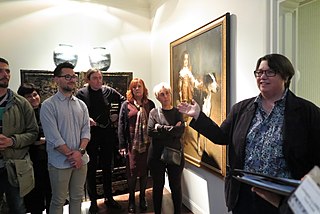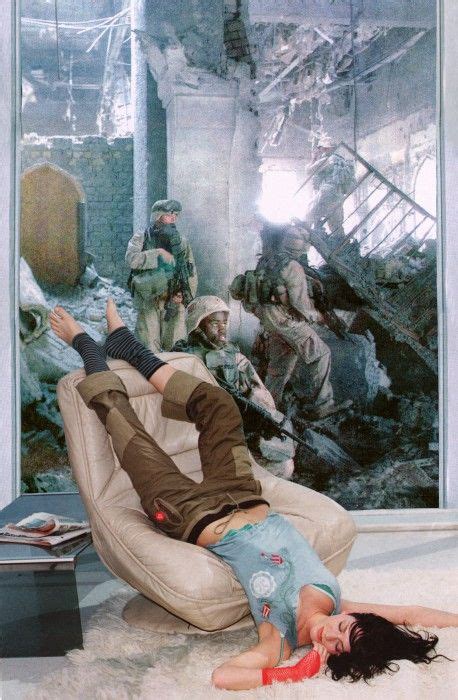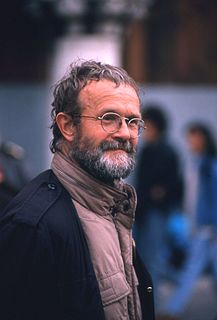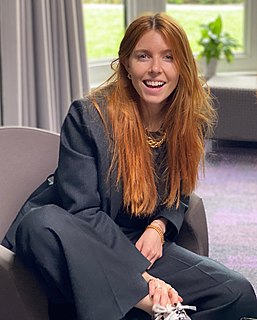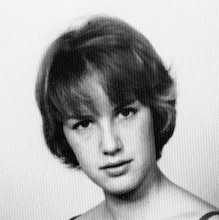A Quote by Catherine Opie
The reason I call myself a documentary photographer is the idea of how photographs contain and participate in history.
Quote Topics
Related Quotes
When you say documentary, you have to have a sophisticated ear to receive that word. It should be documentary style, because documentary is police photography of a scene and a murder ... that's a real document. You see, art is really useless, and a document has use. And therefore, art is never a document, but it can adopt that style. I do it. I'm called a documentary photographer. But that presupposes a quite subtle knowledge of this distinction.
The dismal half-baked images of the average "reportage" and "documentary" photography are self dammning... the slick manner, the slightly obscure significance, the esoteric fear of simple beauty for its own sake - I am deeply concerned with these manifestations of decay. Gene Smith's work validates my most vigorous convictions that if the documentary photographs is to be truly effective it must contain elements of art, intensity, fine craft and spirituality. All these his work contains and we may turn to his work with gratitude, appreciation and great respect.
The reason I don't want to say anything about it is it has a strange power to take over the conversation. Just like it's doing with us. I was asked to participate in a documentary about Richard Prince, and be the voice of someone who was appropriated, and I declined. The reason I did is I don't want it to be the subject of the discussion of my work.
Always, when the words art and artistic are applied to my photographic work, I am disagreeably affected. This is due, surely, to the bad use and abuse made of those terms. I consider myself a photographer, nothing more. If my photographs differ from that which is usually done in this field, it is precisely because I try to produce not art but honest photographs, without distortions or manipulations.
A good print is really essential. I want to take strong documentary photographs that are as good technically as any of the best technical photographs, and as creative as any of the best fine-art photographs. [...] I don't want to just be a photo essayist; I'm more interested in single images...ones that I feel are good enough to stand on their own.
It's a little bit like talking about the life of writing. The life of writing may be about many things, but it always begins with the writer. With the kernel of an idea, or a character, or an idea or a theme, or even an outcome. But for documentary photographers, photographs begin at that intersection of the real world and the imaginative inner world.
I feel history is more of a story than a lesson. I know this idea of presentism: this idea of constantly evoking the past to justify the present moment. A lot of people will tell you, "history is how we got here." And learning from the lessons of history. But that's imperfect. If you learn from history you can do things for all the wrong reasons.
